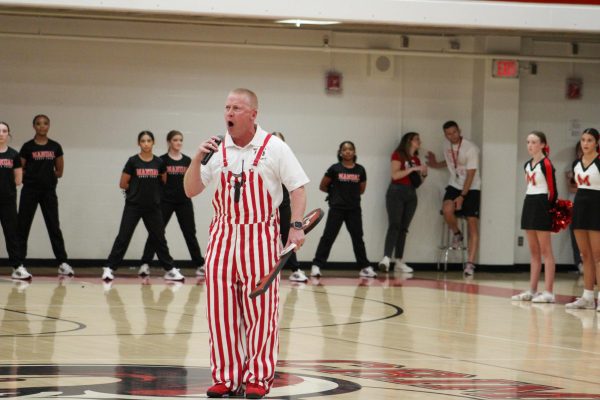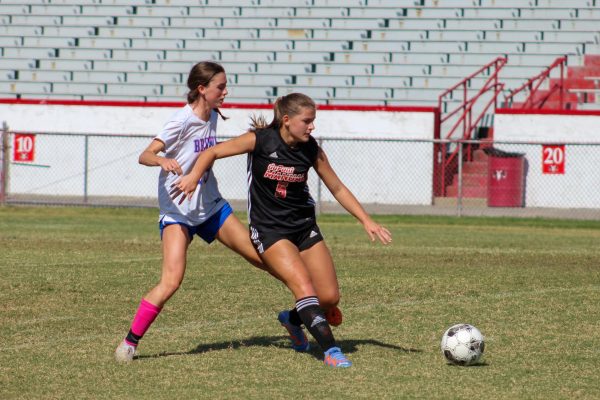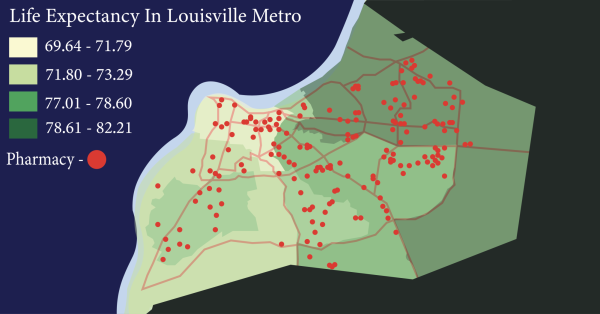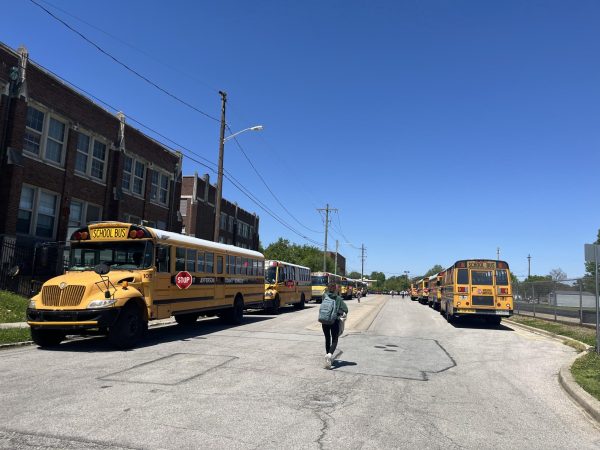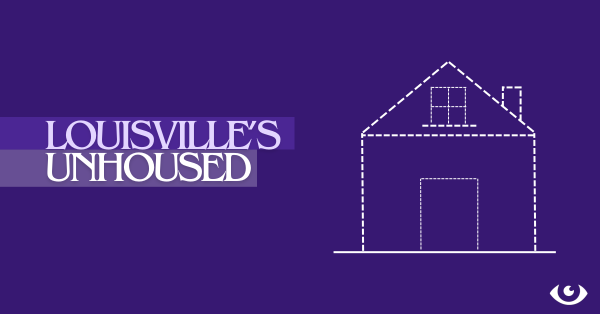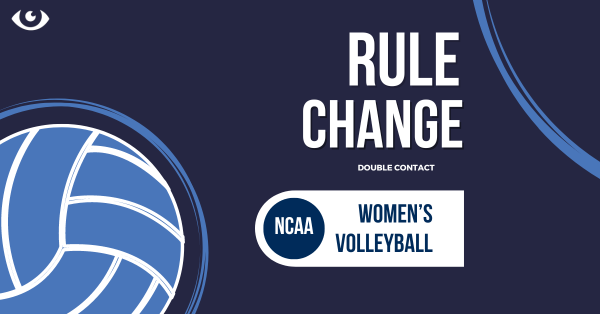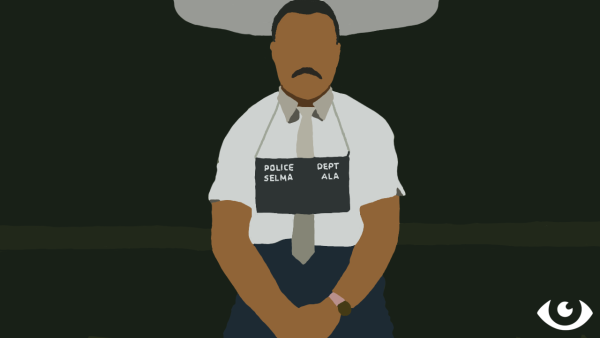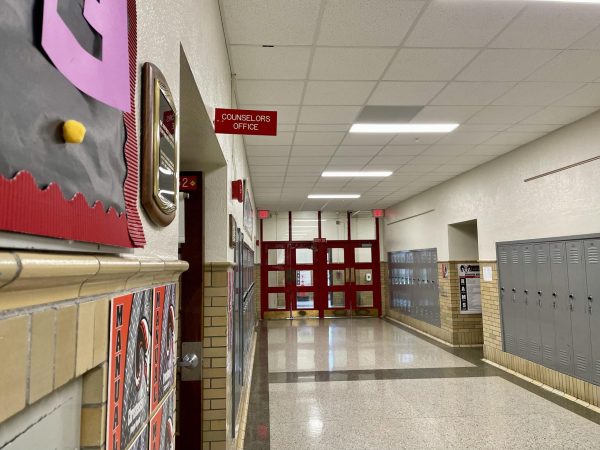OPINION: In Mahanoy case, students’ free speech is under attack
Student speech rights, as protected by 1969 Supreme Court case Tinker v. Des Moines, are under attack.
April 28, 2021
Today, the U.S. Supreme Court will hear oral arguments for B.L. v. Mahanoy, a landmark case that could limit the free speech of not only student journalists but every student across the country.
Pennsylvania high school student Brandy Levy posted a profane Snapchat after not making her school’s varsity cheerleading team; following the post, the Mahanoy Area School District suspended Levy from cheerleading the next year. Her parents then decided to sue the school district on the grounds that the post was made outside of school and caused no disruption.
After the Pennsylvania court agreed with Levy and the district decided to appeal, the Supreme Court will now hear the case and make a final decision.
What’s the problem?
If the SCOTUS rules in favor of the Mahanoy Area School District, off-campus speech rights will be compromised. School officials would be able to punish students for speech that is “disruptive,” even if it’s off-campus and outside of school hours.
As a student journalist, this angers me. After learning about landmark Supreme Court cases like Tinker v. Des Moines (1969) and hearing how hard young students have fought for their First Amendment rights, the fact that this ruling is even in question is a big step backward. The ambiguous term “disruptive” allows school administrators to define the word however they please, posing the risk of unfair consequences for students exercising their rights.
The ability to criticize and call for action is the reason we have free speech; if anything hinders that, it isn’t really “free.” As students, we should be able to criticize the institutions we are a part of without fear of consequences that affect our academic careers. Something we post outside of school hours, off of school grounds that doesn’t affect others’ learning should not be punishable by suspension. Giving school officials a court case to cite when they want to claim an opinion is “disruptive” is dangerous and will change the relationship we have with our school and our government.
More specifically, this will affect me and my fellow staff members. As journalists, we pledge to tell the truth and report the news, but our publication is also a space where we can express our opinions and make a difference. From restaurant reviews to calling out transphobic laws, we have a platform and an opportunity to raise awareness. What we don’t need is administrators breathing down our neck and jumping at the opportunity to call something “disruptive” when in reality, they simply don’t agree with it.
Why should you care?
Not only is this dangerous for journalism, but it’s also equally dangerous to public school students who express themselves through social media.
If you are a student at a public elementary, middle or high school or parent of a student that fits this category, this will affect you. If the SCOTUS agrees with the school district, social media posts you make from the comfort of your own home could be the basis of barring you from school-sanctioned activities, just like Levy.
Students’ free speech rights should not be any different than the common citizen; we deserve the right to speak and post freely without fear of censorship. We deserve the ability to call for change in our community and speak our minds without reprimand from the institution that we’re meant to respect and learn from.
Social media is a powerful tool in spreading awareness on social issues and voicing opinions, and our generation uses it as such. I do not want to be chained to my school and their opinions when I’m not even near the building; you shouldn’t either.
What can you do?
The number one tool to use when approaching this case is awareness. Read about this case, write about it, post about it and most importantly, talk about it. The wide range of citizens this will affect need to be educated on this topic; awareness will drive that education.
Stay updated on this case as it develops in the SCOTUS; it could be your free speech on the line.









